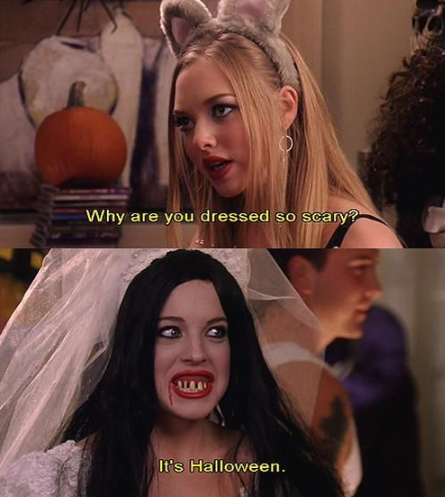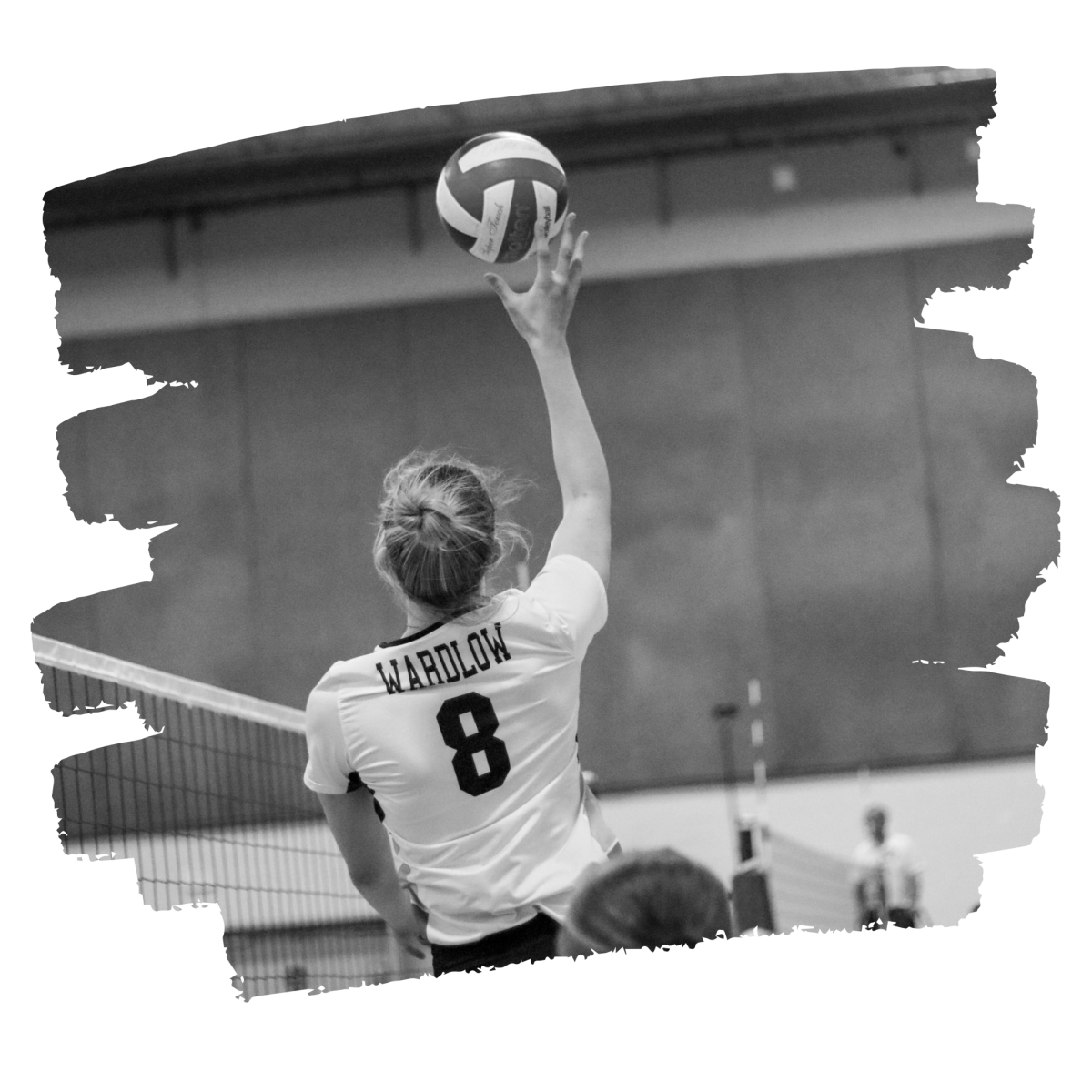Quit with the judgment on teens’ Halloween costumes

October 29, 2022
Halloween night will be here soon and LSE students are starting to think about how they will spend it. A lot of teens and young adults enjoy dressing up for the night, whether it be a group costume, a couples costume or just something quickly put together with clothes at home. However, stereotypes and societal pressures can affect a person’s selection of costume. Judgment should not be something to worry about when it comes to wearing what you want, whether it’s for Halloween or in daily life.
The night of Halloween can be perceived in many different ways. For example, some see it as a night to go out with friends and dress up for the spirit of the holiday. Madison Hilbert, a Composition and Women’s Literature teacher at LSE, has often heard that Halloween is the time to dress in a more revealing way without having to feel bad about it.
“I think that statement always sits kind of negatively with me because people should be able to dress how they would like to without feeling judged. That applies to everybody,” Hilbert said. “Everyone should be allowed to express who they are and express their interests.”
On the other hand, sophomore Cadence Haeker has noticed a change in standards when it comes to Halloween costumes as she has gotten older.
“Women’s costumes as a teenager are often sexualized,” Haecker said. “As a girl in the 21st century, I often feel that costumes are shown to be more revealing.”
The pressure and judgment on costumes on this night is harsh on both sides of the spectrum. Especially for women, it is easy to get caught up in the idea that you need to wear a specific outfit due to external factors, such as peers wearing more revealing costumes as well as the media.
“Always think about ‘are you doing it because you want to do it? Are you doing it because other people think you should do it?’,” Hilbert said. “I always feel like young people should be themselves and not feel pressured to do one thing or another just because their friends or their peers are doing it.”
The standard relating to boys and girls when it comes to Halloween costumes is also very different. While most guys can throw something together quickly, women are influenced to have a more thought out costume.
“It just seems like girls feel more pressure to come up with something unique than guys do,” Hilbert said.
All of these issues are not only the effect of societal pressures, but it also has to do with gender bias; this is when someone receives contrasting treatment than someone of the opposite gender. In this case, women are ridiculed not only if they wear something more revealing, but may also be put down if they don’t wear such a costume or rather a more personalized costume.
“I think it occurs as a symptom of our gender bias, and the fact that clothing is such a personal choice,” Hilbert said. “Just in everyday life, people wear what they want to express who they are, and Halloween kind of exacerbates that. I think it all just goes back to assumptions that we have about gender bias.”
Although Halloween is commonly viewed as a night of spooky fall activities as well as trick-or-treating, the societal pressure to dress a certain way can affect the decision on what costume to wear. Everyone should be able to dress however they please on Halloween in addition to daily life without the worry of judgment from others.







